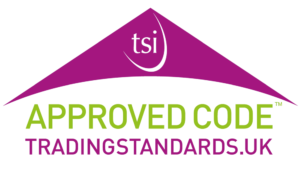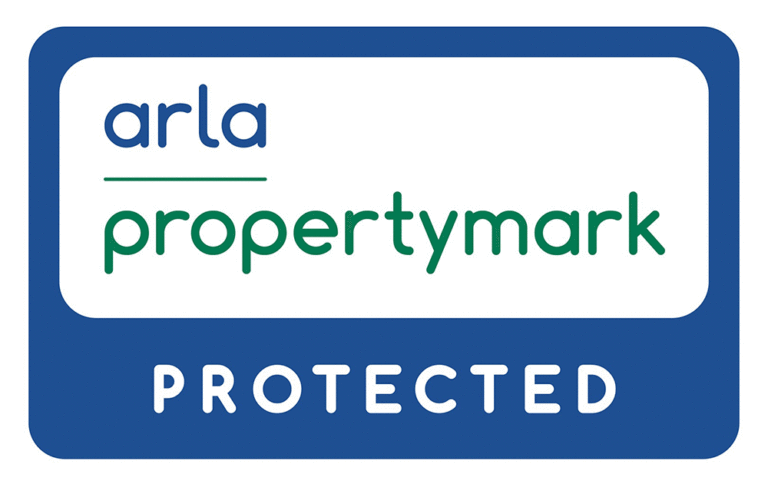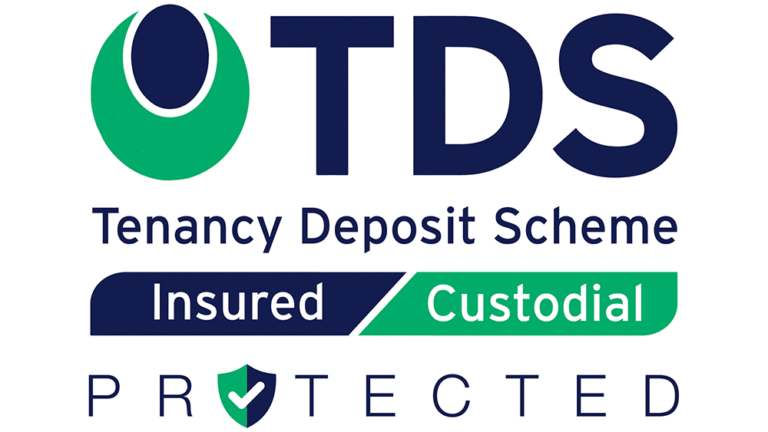The number of rental property transactions in the U.K more than halved between April 2020 and May 2021 due to the impact of COVID-19.
But since lockdown restrictions were eased and then removed altogether, the property letting market in Bristol has bounced back, and some, with new landlords entering the market, some leaving, and others looking to diversify and expand their portfolios is a bid to satisfy the burgeoning demand.
Like prospective tenants, landlords are still adjusting to the changes created by the pandemic as well as changes to the rules around tax relief on mortgage interest payments and Houses with Multiple Occupations (HMOs) – an increasingly popular option for tenants as they look to share the burden of sky-high rents.
Asides from the actual purchase value of the property and related costs such as Stamp Duty, there are running costs and other one-off costs to consider. But, even in these tough financial times, being a landlord can still be a profitable enterprise, as a way of topping up income from employment in a different field or as a standalone business.
Here, we take a look at some of the factors that any prospective landlords in Bristol need to consider before throwing open their doors.
What costs are involved in renting a property in Bristol?
Mortgage repayments
Other than those fortunate enough to buy a property outright, buy-to-let landlords will have monthly mortgage payments to meet.
Obviously the amount will depend on what type of mortgage product you have taken out – interest-only, tracker or fixed, for example.
Tax obligations
Landlords who earn more than £12,500 per year, whether from their rental property or a combination of the investment and their employment, must pay tax. There is no exemption, and you will need to file a tax return with the HMRC if your earnings surpass the threshold.
Licensing costs
You must have a licence if you’re a private landlord or managing agent of the following types of accommodation:
- Shared accommodation that’s defined as a House in Multiple Occupation (HMO) anywhere in Bristol in which 5 or more unrelated people live (mandatory licensing scheme)
- An HMO in which 3 or 4 unrelated people live in the 12 wards of Central Bristol, or in Bedminster, Brislington West or Horfield wards (additional licensing schemes, which came into effect on 6 April, 2022)
- Privately rented properties in Bedminster and Brislington West wards, including properties let to one or 2 people or families (selective licensing scheme), see pink areas of map
If you’re the landlord of a newly rented property you have 28 days to apply from when the property was occupied.
Failure to license the property could result in prosecution with an unlimited fine or a Civil Penalty Notice (CPN) of up to £30,000. It could also result in a Rent Repayment Order of up to 12 months’ rent being awarded.
Further information on property licenses can be found here >>
Compliance costs
If you hold a property licence, for either a House in Multiple Occupation (HMO) or a non-HMO property, you must comply with the Code of Good Management Practice, which covers various areas from the structure of the dwelling and plumbing to pest control.
As a responsible private landlord, you must also ensure the property is safe and complies with all the latest fire, gas and electricity safety standards and regulations.
Any work on the property’s gas and electrics must be carried out by a suitably qualified engineer with the appropriate documentation/certificates provided to the tenant on them moving in.
Gas Safety Certificates cost from around £60-90 and equipment needs to be checked annually, while the five-year Electrical Installation Condition Report (EICR) comes in at about £200.
Smoke alarms must be correctly installed on each floor of the property and tested, and a carbon monoxide alarm needs to be provided in all rooms where solid fuel is burnt.
You will also be required to supply an Energy Performance Certificate (EPC), which will give the property an energy rating from A to G. Typically, these cost between £50-100.
Letting costs
Letting agents can be useful, but they can be expensive too. Many landlords rely on them to manage their property, collect rent, or just find tenants. How much you pay depends on what level of service you choose.
You could be looking at a one-off fee for a let-only arrangement or regular monthly payments if a full management service package is required.
Insurance
Whether it is landlords insurance, buildings insurance or rent recovery insurance, it is important to have the right cover in place to guard against any unforeseen incidents that might otherwise prove very costly. But it goes without saying that all these policies come at a price.
Landlord insurance is cover that protects landlords from risks associated with their rental property. It usually includes buildings and contents insurance, but can also include landlord-specific covers such as property owners’ liability, loss of rent, and tenant default insurance.
While landlord and buildings insurance isn’t a legal requirement, it’s often a requirement of mortgage lenders.
In the current economic climate, more and more people are falling on hard times and landlords are finding the rate of default rent payments increasing as a result. Rent recovery insurance protects the landlord in this scenario, covering monthly arrears up to a set value.
Service charge
A service charge is normally applicable if your property is in a block of flats or apartments, and is used to cover the costs of gardening, driveways and the maintenance of other shared assets such as the roof.
Maintenance and furnishing
From time to time, certain things in your property will need repairing or replacing. Whether it is the battery in the smoke alarm or a leaky u-bend in the bathroom sink, a landlord is obliged to keep the property they are letting both compliant to the Local Authority’s regulations and in good working order.
You may also be ordered to carry out remedial works on the property by the Local Authority.
If you decide to advertise your property as furnished, you will need to think about the cost involved. After all, bed(s), sofas, storage space, tables and chairs, curtain/blinds and carpets don’t come cheap.
Tenancy changeovers
Whilst tenants are expected to leave a property clean and in a good condition, you may want to professionally clean the property yourself to ensure any prospective tenants viewing the place leave with a very good impression.
Also, it is inevitable there will be items on the inventory filled in by the original tenant that need replacing or updating due to wear and tear, or to give the property a more modern feel.
Vacant periods
For every month the property to let stands empty, you as a landlord are losing income. Standing charges for utilities will also have to be met whilst no one is leaving there, which means there is still money going out when none is coming in.
For further reading try our No BS – Straight-Up Guide to Securing a Rental Property in Bristol, written by our Managing Director, Ben Giles.





